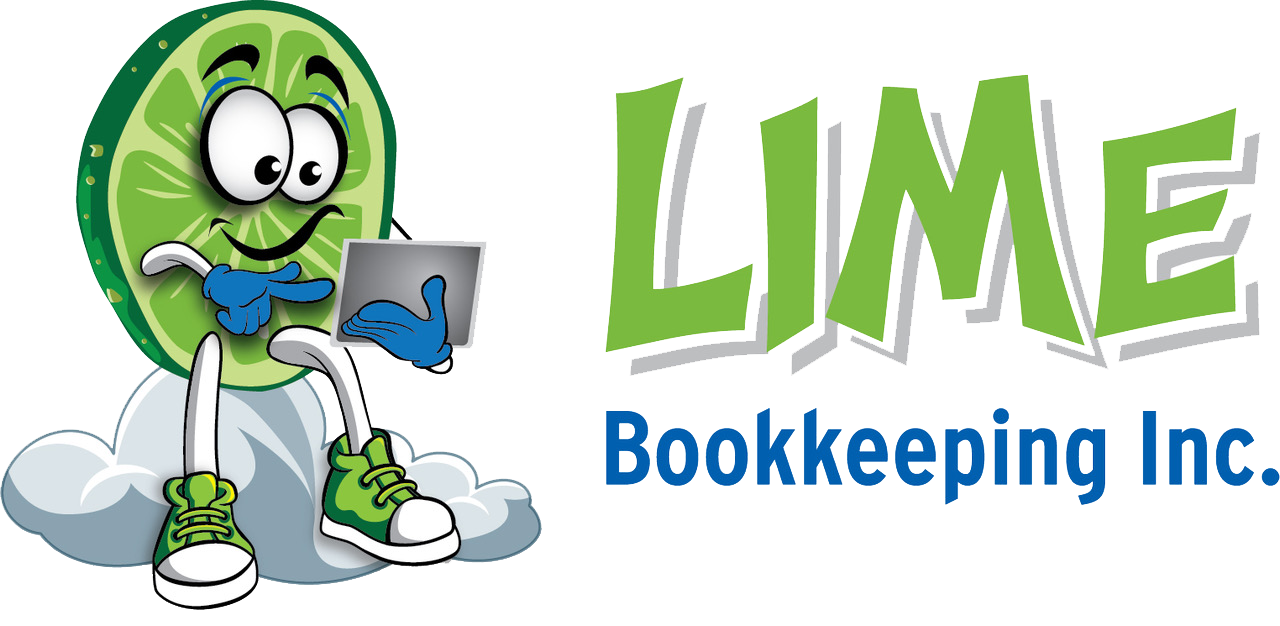FAQs
When is my payroll remittance due?
Your payroll remittance is due based on the size of your gross payroll. You could be a Quarterly (4 times a year), Monthly (due on the 15th of the month following), Threshold 1 Bi-weekly (for those who have monthly gross payroll between $25k – $100k) or Threshold 2 weekly (for those who have monthly gross payroll over $100k).
How should I structure my small business?
The decision to incorporate or not can be complicated. It depends on whether you have a high-risk business, or personal assets to protect, or you are earning more than you are spending. You need to consult a tax specialist to discuss your specific circumstance. If you have a high-risk business, it may be wise to incorporate in order to protect your personal assets. If you are earning more than you are spending, incorporating could help you save on taxes. Ultimately, the decision of how to structure your small business depends on your specific situation and goals. Consulting with a tax specialist will help you make the best decision for your business.
Do I need a separate business bank account?
The short answer is YES, you need a separate business bank and credit card accounts. This will help you keep track of your expenses and income, and it will also make it easier to file your taxes. Additionally, having a separate business bank & credit card accounts will help you build up your credit history, which can be helpful if you ever need to take out a loan for your business. So, overall, it’s just good business practice to have a separate bank & credit card accounts for your business.
What accounting terms should I be familiar with?
As a business owner, it is important to be familiar with common accounting terms in order to make well-informed financial decisions. Amortization is one such term that refers to the process of allocating the cost of an asset over a period of time. This is often done for items such as vehicles, equipment and software. Familiarity with amortization can help you make more informed decisions about when to expend certain costs and how best to spread them out over time. As a result, it is an important accounting term to be aware of.
How should I record transactions?
How you record your transactions is extremely important for the health of your business. You want to make sure that you are recording all your income and expenses so that you can get an accurate picture of your financial situation. One way to do this is to use a tool like HubDoc. HubDoc allows you to snap a picture or forward an invoice so that you can track all your transactions in one place. This can save you a lot of time and energy when it comes to managing your finances. So, if you’re looking for a way to streamline the way you record transactions, HubDoc is a great option.
Should I use cash-basis or accrual accounting?
The accrual accounting recognizes revenue when it is earned and records expenses when they are incurred, regardless of when cash is received or paid. The cash basis records revenue only when cash is received and records expenses only when cash is paid. Most businesses use accrual accounting because it more accurately reflects the true economic activity of the business. The cash basis of accounting is easier to implement and may be more appropriate for businesses with very simple financial transactions. If you are unsure which method to use, consult with Lime Bookkeeping.
What is your favourite Ski hill?
Big White, BC best powder EVER! What’s yours?
